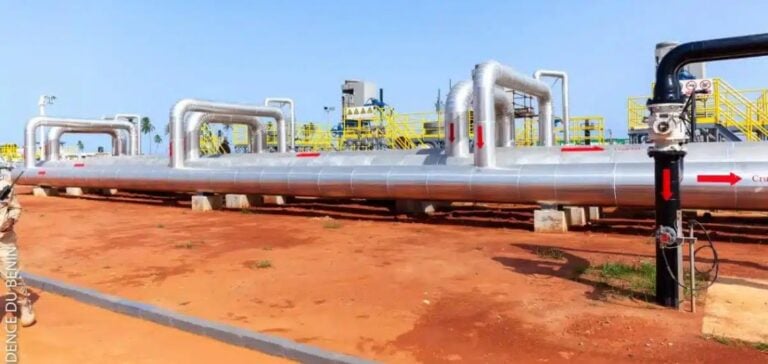Niger has recently accused Nigeria of supporting an attack targeting a strategic pipeline connecting the country to Benin. These allegations, made on Friday, December 20, follow an incident that occurred three days earlier in the Dosso region in southern Niger. The attack, described as a terrorist act by Nigerien authorities, is part of a growing mistrust between the two nations.
A Key Pipeline for Niger
The pipeline, inaugurated last March, plays a central role in Niger’s economy. It transports crude oil to the terminal in Sèmè, Benin, for export to international markets. The recent attack has raised concerns over the security of this essential infrastructure, which had already been targeted in June in an assault that killed six Nigerien soldiers.
Nigeria’s Response
The Nigerian Ministry of Foreign Affairs firmly denied these allegations in a statement released on Saturday, December 21. “The perpetrators of the attack were neither supported nor aided by Nigerian authorities. The government remains committed to combating terrorism,” the official statement read.
These developments take place in a tense diplomatic context. Niger accuses Nigeria and Benin of supporting the financial sanctions imposed by the Economic Community of West African States (ECOWAS) following the coup in July. Although these sanctions have been lifted, political strains remain visible.
Financial and Geopolitical Stakes
Securing the pipeline is crucial for Niger, which must repay a $400 million loan obtained from China in April. Revenue from crude oil exports through this infrastructure is essential to meet these financial obligations. The uncertainty surrounding the current state of the pipeline could jeopardize these objectives.
While investigations are ongoing to identify those responsible for the attack, the accusations between Niger and Nigeria could have lasting effects on regional cooperation. Energy infrastructure remains a vulnerable target in a region marked by complex security challenges.





















